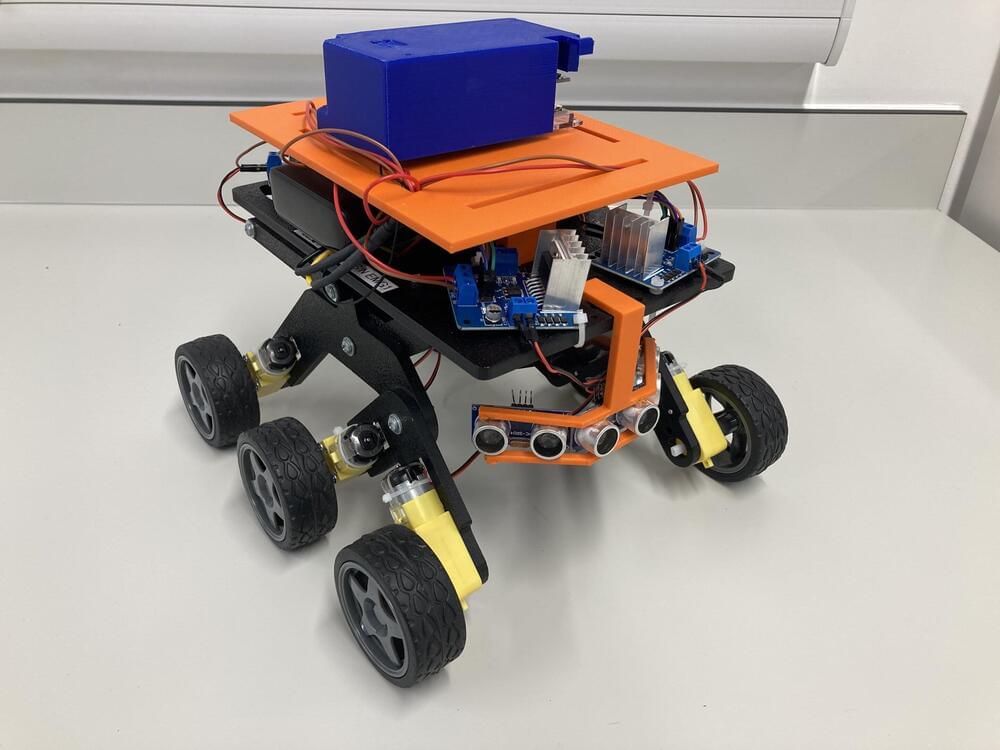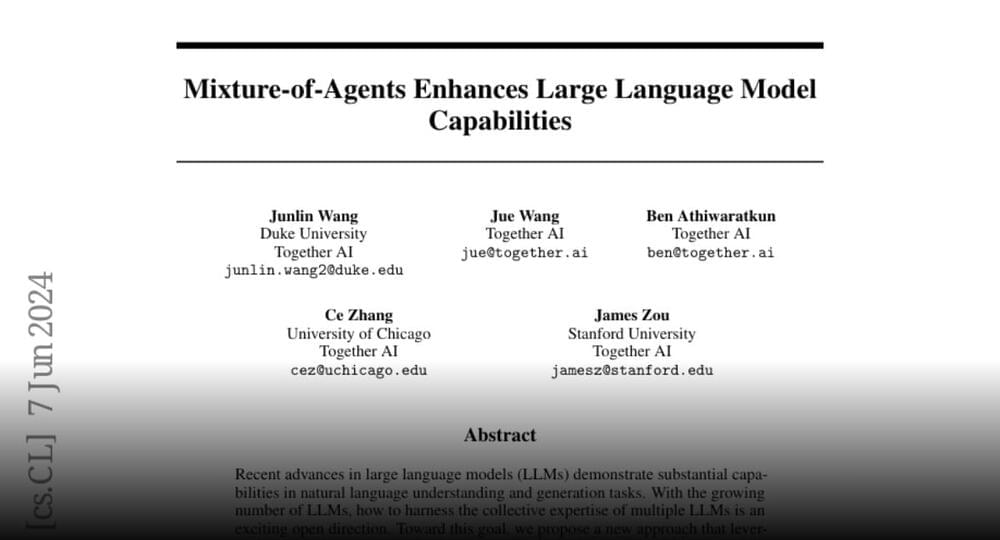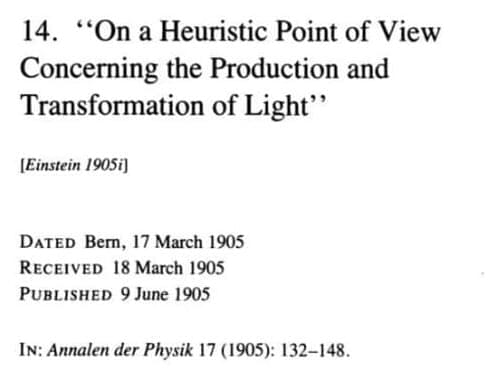Researchers from the Photonics Research Laboratory (PRL)-iTEAM at the Universitat Politècnica de València, in collaboration with iPRONICS, have developed a groundbreaking photonic chip. This chip is the world’s first to be universal, programmable, and multifunctional, making it a significant advancement for the telecommunications industry, data centers, and AI computing infrastructures. It is poised to enhance a variety of applications including 5G communications, quantum computing, data centers, artificial intelligence, satellites, drones, and autonomous vehicles.
The development of this revolutionary chip is the main result of the European project UMWP-Chip, led by researcher José Capmany and funded by an ERC Advanced Grant from the European Research Council. The work has been published in the Nature Communications journal.







